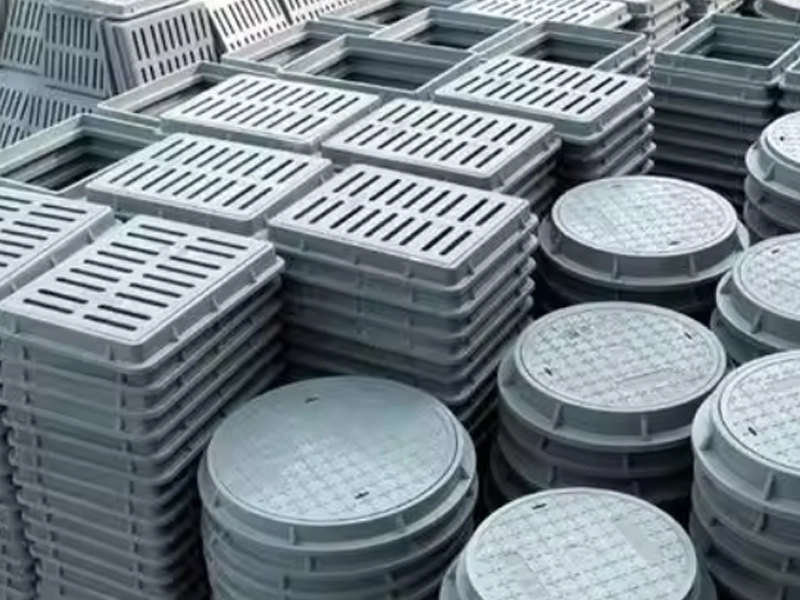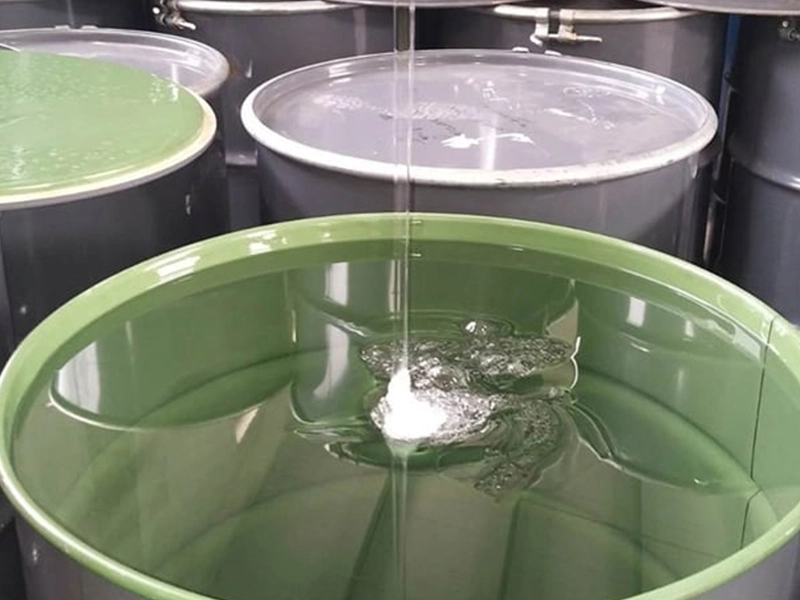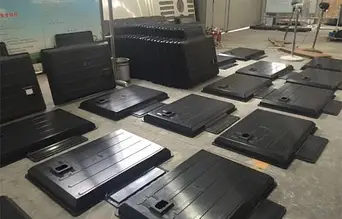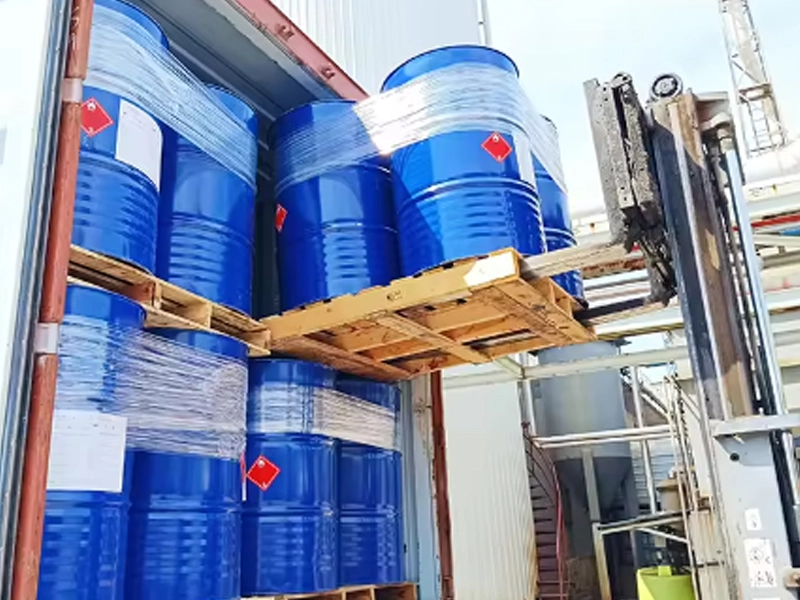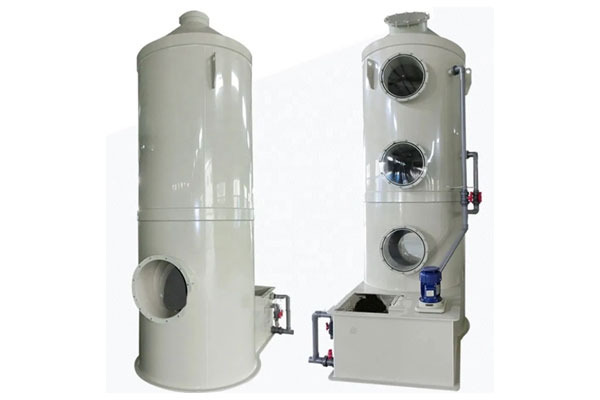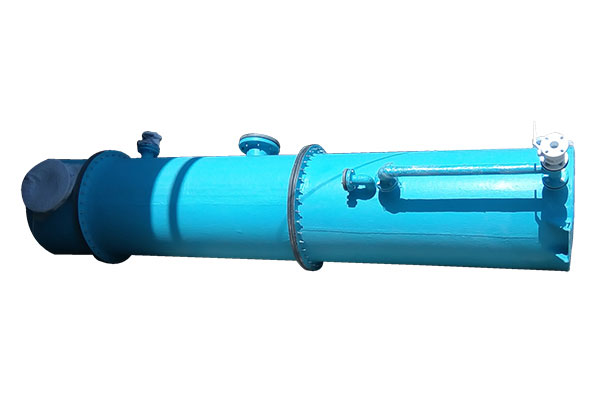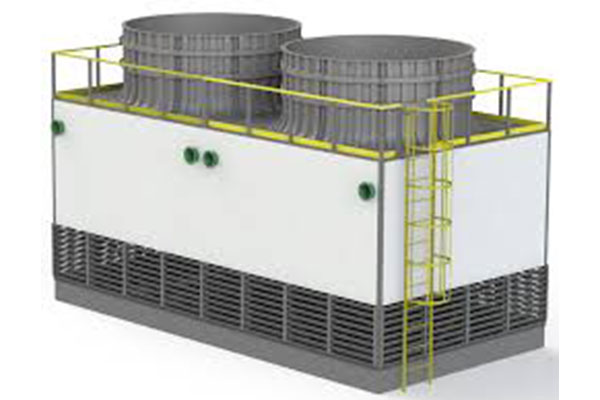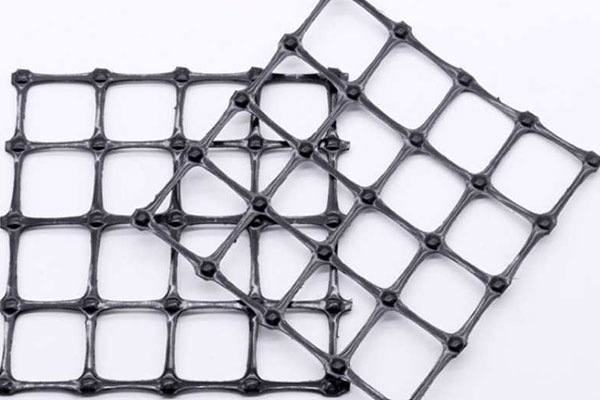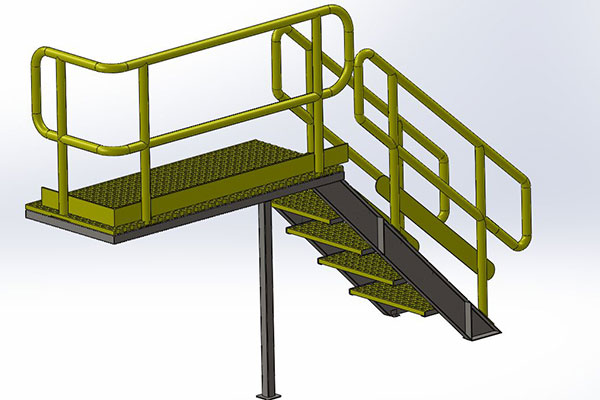SMC Resin is a type of thermoset composite material that consists of an unsaturated polyester or vinyl ester resin, reinforcing fibers (usually chopped glass fibers), and various fillers and additives.
Product performance introduction
SMC (Sheet Molding Compound) Resin is another type of thermoset composite material that is widely used in various industries. Here are some key details about SMC Resin:
-
Composition:
- SMC Resin is typically composed of an unsaturated polyester or vinyl ester resin, reinforcing fibers (usually chopped glass fibers), and various fillers and additives.
- The resin is thickened with compounds like calcium carbonate or magnesium oxide to achieve the desired viscosity and handling characteristics.
-
Key Properties:
- High strength-to-weight ratio
- Excellent dimensional stability and low shrinkage
- Good thermal and electrical insulation properties
- Resistance to chemicals, corrosion, and weathering
- Ability to be molded into complex shapes
-
Applications:
- Automotive body panels and exterior components
- Truck and bus components (e.g., fenders, hoods, doors)
- Electrical and electronic enclosures and housings
- Appliance components (e.g., washing machine tubs, refrigerator doors)
- Industrial equipment parts (e.g., pump housings, gears)
- Architectural and construction elements (e.g., building panels, roofing tiles)
-
Processing:
- SMC Resin is typically processed using compression molding, where the material is placed in a heated mold and compressed to the desired shape.
- The molded part then undergoes a curing process to crosslink the thermoset resin and solidify the final composite.
-
Advantages:
- Ability to produce large, complex parts with high dimensional accuracy
- Potential for lower manufacturing costs compared to other composite materials
- Good surface finish and aesthetic appeal
- Versatility in terms of material properties and customization
-
Comparison to BMC Resin:
- SMC Resin generally has higher fiber content and is more suitable for larger, structural parts, while BMC Resin is better suited for smaller, more intricate components.
- SMC Resin is typically processed using compression molding, while BMC Resin can be processed using both compression and injection molding.
Both SMC and BMC Resins are widely used in various industries, and the choice between the two depends on the specific requirements of the application, such as part size, complexity, and performance needs.
| Model | Type | 25℃ pa.s Viscosity |
Min Gel Time |
Non -volatile | MPa Tensile Strength |
Elongation | MPa Flexural Strength |
HDT ℃ | Application&Remarks |
|---|---|---|---|---|---|---|---|---|---|
| 1506 | ORTHO/NPG | 1.20-1.40 | 10.0-14.0 | 65.0-68.0 | 60 | 2.4 | 100 | 110 | Fast thickening, good flowing, good strength and tenacity,suitable for common SMC/BMC product. |
| 1507 | ORTHO/NPG | 1.20-1.80 | 5.0-10.0 | 61.0-67.0 | 60 | 2.5 | 100 | 120 | Good surface quality,good mechanical strength,good thickening property. |
| 1508 | NPG | 1.20-1.50 | 11.0-14.0 | 63.0-69.0 | 50 | 2.0 | 90 | 110 | Fast thickening, good flowing, best strength, high brightness,suitable for SMC/BMC product with top properties. |
| 9045 | PS | 2.30-2.50 | Good pigmentation,good gloss,general purpose low shrinkage additive. | ||||||
| 9892 | PEs | 1.5 | Class A surface, excellent gloss |
SMC (Sheet Molding Compound) Resin has a wide range of applications across various industries due to its unique properties and processing advantages. Here are some of the key applications of SMC Resin:
-
Automotive:
- Exterior body panels (e.g., hoods, fenders, doors, trunk lids)
- Structural components (e.g., bumper beams, roof panels, floor pans)
- Engine covers and housings
- Wheel arches and fender liners
- Underhood and underbody components
-
Transportation:
- Truck and bus components (e.g., fenders, hoods, doors)
- Recreational vehicle parts (e.g., RV body panels, trailer components)
- Train and subway car components (e.g., exterior panels, interior trim)
-
Electrical and Electronics:
- Electrical enclosures and housings (e.g., switchgear, circuit breakers)
- Transformer and motor housings
- Appliance components (e.g., washing machine tubs, refrigerator doors)
-
Industrial Equipment:
- Pump and compressor housings
- Gears, pulleys, and other power transmission components
- Valve bodies and manifolds
- Machinery and equipment housings
-
Building and Construction:
- Architectural panels and façade elements
- Roofing tiles and shingles
- Bathroom and kitchen fixtures (e.g., shower enclosures, vanity tops)
- Electrical junction boxes and conduit fittings
-
Marine:
- Boat and yacht components (e.g., hull and deck panels, superstructure)
- Offshore platform and equipment housings
-
Aerospace and Defense:
- Aircraft and spacecraft structural components
- Missile and rocket motor casings
- Radar and communication equipment housings
The versatility of SMC Resin allows it to be used in a wide range of applications, from automotive and transportation to industrial and construction. The key advantages that drive its adoption include its high strength-to-weight ratio, dimensional stability, corrosion resistance, and the ability to be molded into complex shapes.
Here are some frequently asked questions (FAQs) about SMC (Sheet Molding Compound) Resin:
-
What is SMC Resin?
- SMC Resin is a type of thermoset composite material that consists of an unsaturated polyester or vinyl ester resin, reinforcing fibers (usually chopped glass fibers), and various fillers and additives.
-
What are the key properties of SMC Resin?
- High strength-to-weight ratio
- Excellent dimensional stability and low shrinkage
- Good thermal and electrical insulation properties
- Resistance to chemicals, corrosion, and weathering
- Ability to be molded into complex shapes
-
What are the common applications of SMC Resin?
- Automotive body panels and exterior components
- Truck and bus components
- Electrical and electronic enclosures and housings
- Appliance components
- Industrial equipment parts
- Architectural and construction elements
-
How is SMC Resin processed?
- SMC Resin is typically processed using compression molding, where the material is placed in a heated mold and compressed to the desired shape.
- The molded part then undergoes a curing process to crosslink the thermoset resin and solidify the final composite.
-
What are the advantages of using SMC Resin?
- Ability to produce large, complex parts with high dimensional accuracy
- Potential for lower manufacturing costs compared to other composite materials
- Good surface finish and aesthetic appeal
- Versatility in terms of material properties and customization
-
How does SMC Resin differ from BMC Resin?
- SMC Resin generally has higher fiber content and is more suitable for larger, structural parts, while BMC Resin is better suited for smaller, more intricate components.
- SMC Resin is typically processed using compression molding, while BMC Resin can be processed using both compression and injection molding.
-
What are the typical fiber reinforcements used in SMC Resin?
- The most common reinforcing fibers used in SMC Resin are chopped glass fibers, but other fibers like carbon fibers or natural fibers can also be used depending on the application.
-
Can SMC Resin be recycled?
- Yes, SMC Resin can be recycled, although the process may involve some challenges due to the complexity of the material composition.
These FAQs provide a general overview of the key aspects of SMC Resin, including its composition, properties, applications, and processing. For more detailed information, it's recommended to consult with SMC Resin manufacturers or industry experts.
SMC Resin
Series :
Unsaturated Polyester Resin >application
Automotive body panels and exterior components Truck and bus components (e.g., fenders, hoods, doors) Electrical and electronic enclosures and housings Appliance components (e.g., washing machine tubs, refrigerator doors) Industrial equipment parts (e.g., pump housings, gears) Architectural and construction elements (e.g., building panels, roofing tiles)
Brand name :
SMC Resin
FAQ
Q :
Why choose us?
A :
Professional service and competitive prices.
Other related products

